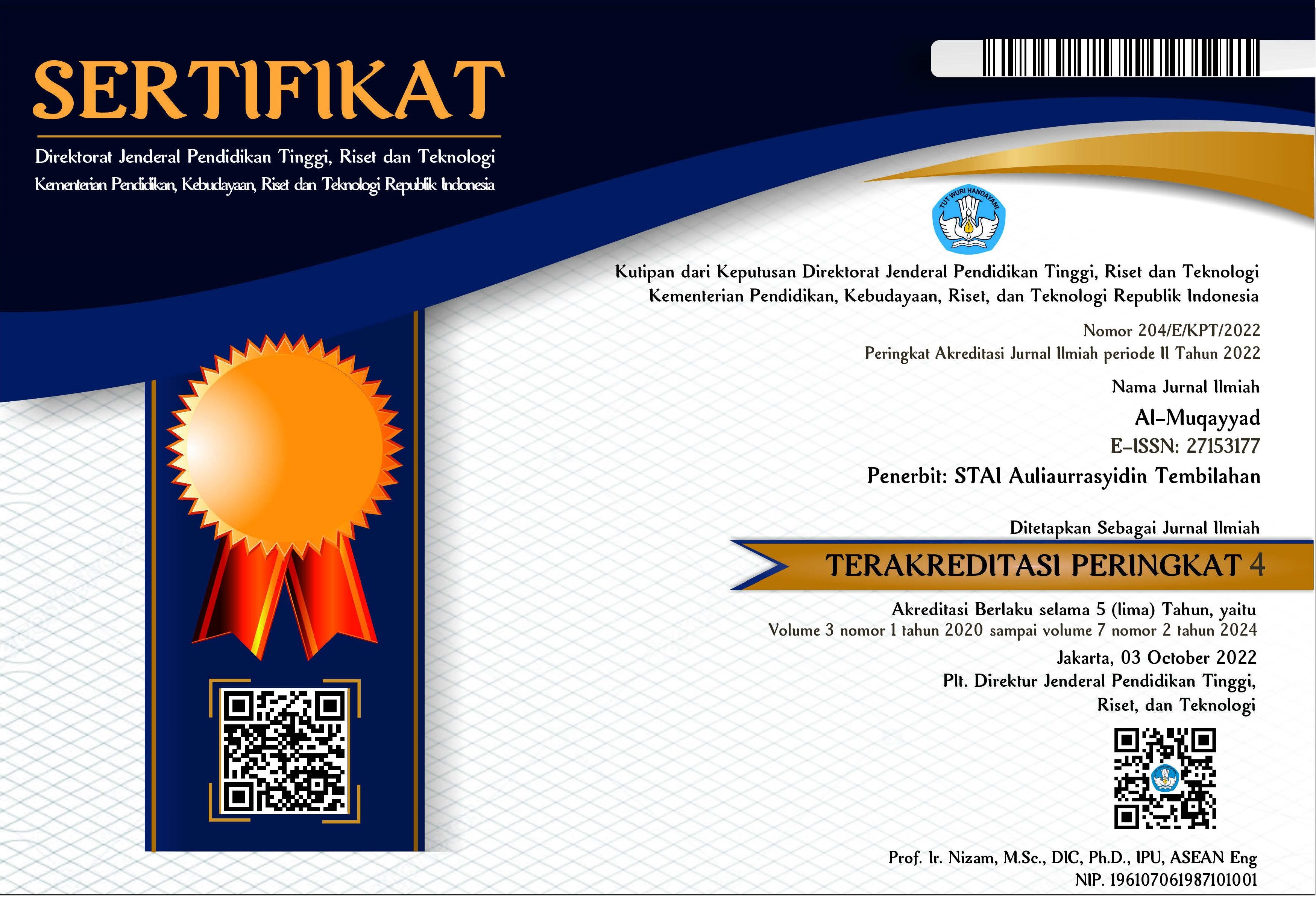Sistem Pengupahan Pekerja UMKM dalam Perspektif Ekonomi Islam
DOI:
https://doi.org/10.46963/jam.v5i1.569Keywords:
Wage System, Islamic Economic, PerspectiveAbstract
Raini's UMKM is engaged in the production of toast in Tembilahan Hulu District. A production business has a relationship between workers (wage recipients) and business owners (wage payers). This study aims to determine the principle of wages for workers at Ms. Raini's UMKM and to determine the principles of wages in Islamic. This study uses qualitative research with research subjects namely the owner and 9 workers. While the object of this research is the wage system for workers in the perspective of Islamic economics UMKM, Raini's toast. Data collection techniques with interviews and documentation. The conclusion of the study shows that the wage system for workers in MSMEs producing Raini toast has implemented Islamic wages but has not been maximized. There are still things that must really be considered in the wage system carried out by Ms. Raini's UMKM, such as the initial agreement/agreement regarding the transfer of wages given to workers before starting work.
Downloads
References
Hakim. Lukman. (2012). Prinsip-prinsip Ekonomi Islam. Jakarta: Erlangga.
K. Lubis. Suhrawardi. (2000). Hukum Ekonomi Islam. Jakarta : Sinar Grafika.
Muhammad.(2004). Ekonomi Mikro Dalam Perspektif Islam. Yogyakarta : BPFE
Undang-Undang Republik Indonesia No.13 Tahun 200 Tentang Ketenagakerjaan..
Sugiono. (2016). Metode Penelitian Kuantitatif, Kualitatif, dan kombinasi. Bandung : Alfabeta
Tarigan. Zhari Akmal. (2014). Teori Ekonomi:Upaya Internalisasi Nilai-Nilai Tauhid Dalam Aktivitas Ekonomi dan Bisnis Islam. Jakarta : Rajawali Pers.
Downloads
Published
Issue
Section
License
Copyright (c) 2022 Siti Nurmala, Saiin Saiin, Seri Yanti Siagian

This work is licensed under a Creative Commons Attribution-ShareAlike 4.0 International License.
Authors who publish with this journal agree to the following terms:
1. Copyright on any article is retained by the author(s).
2. The author grants the journal, right of first publication with the work simultaneously licensed under a Creative Commons Attribution shareAlike 4.0 International License that allows others to share the work with an acknowledgment of the work’s authorship and initial publication in this journal.
3. Authors are able to enter into separate, additional contractual arrangements for the non-exclusive distribution of the journal’s published version of the work (e.g., post it to an institutional repository or publish it in a book), with an acknowledgment of its initial publication in this journal.
4. Authors are permitted and encouraged to post their work online (e.g., in institutional repositories or on their website) prior to and during the submission process, as it can lead to productive exchanges, as well as earlier and greater citation of published work.
5. The article and any associated published material is distributed under the Creative Commons Attribution-ShareAlike 4.0 International License





2.png)



